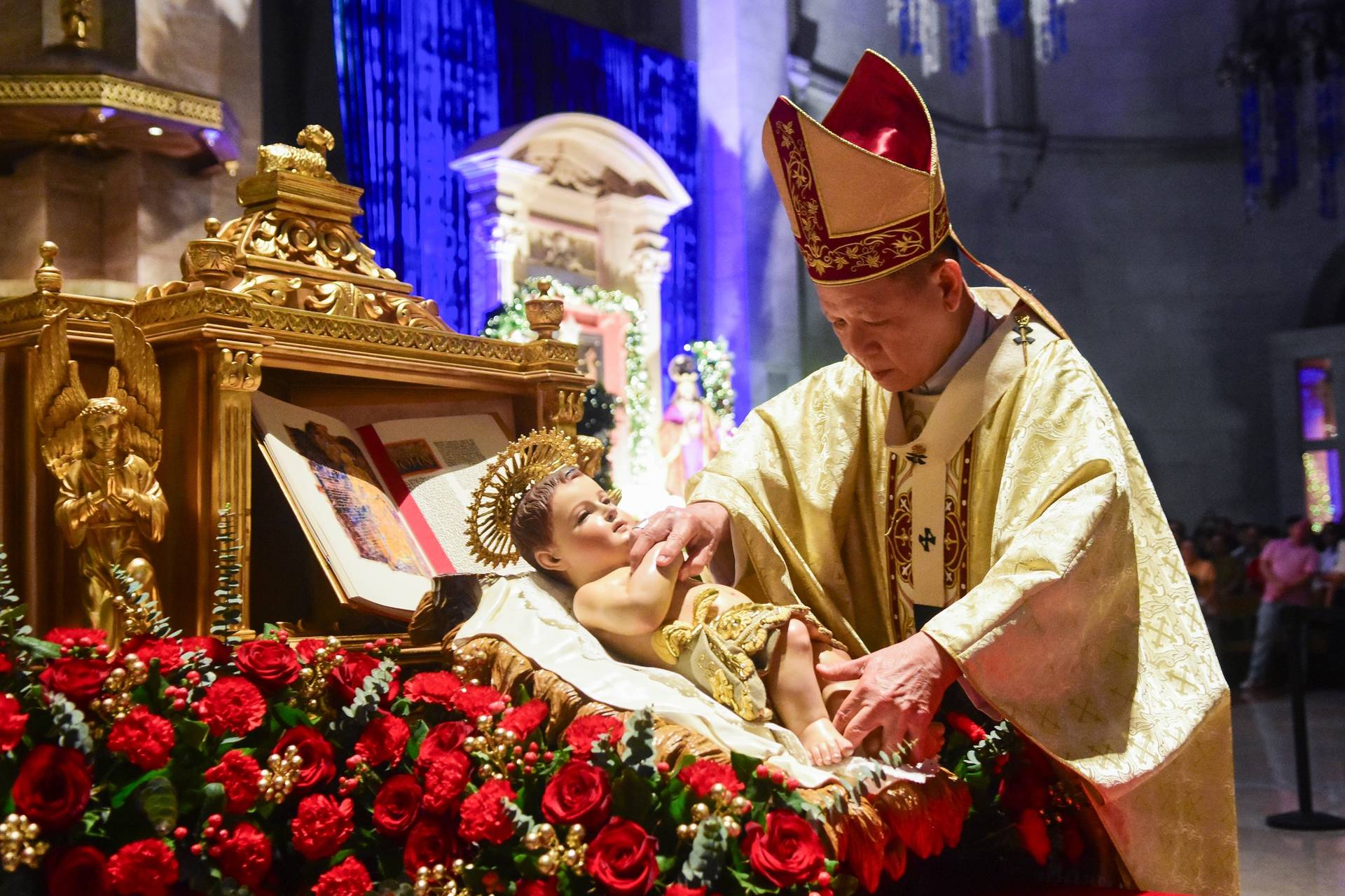YAOUNDÉ, Cameroon – As political tensions continue to rise in Togo, the religious community has made an appeal to politicians to put the country first, above their political interests.
Since last August, opposition parties have been holding street demonstrations, calling for a return to the 1992 constitution which limited presidential mandates, but which were overturned ten years later.
President Faure Gnassingbé has been in office since 2005, following the death of his father, Gnassingbé Eyadema. Eyadema had ruled Togo for 38 years, ever since he overthrew the country’s second president, Nicolas Grunitzky, in a coup d’état in 1967.
In September 2017, Togo’s 14-party opposition coalition rejected a government bill to restore a two-term presidency, but it would not be retroactive — allowing Gnassingbé to run again in 2020 and 2025.
The bill also introduces the single-member ballot in two rounds for the election of the president.
The proposed legislation, however, requires a 4/5 majority to go through the legislature, and since the government can’t get the votes, the text will be submitted to the people in a referendum at a date yet to be fixed.
“To get out of this crisis, dialogue has to continue, and the protagonists must rise above their crises of confidence; their political interests and to have as the only priority, the general interest of the people,” the Catholic bishops wrote in a pastoral letter.
The bishops have supported the re-introduction of term limits and warned the political conflict could take on religious and tribal overtones, in a country that is 30 percent Christian, 20 percent Muslim, and 50 percent of the population practice indigenous religions.
The country’s opposition has rejected the option of a referendum and has once again resorted to public demonstrations in an effort to stop it.
On February 19, a national dialogue began in Togo, brokered by Ghanaian president, Nana Akufo-Addo.
Akufo-Addo said then that it was necessary for both the government and the opposition to think about Togo’s suffering masses as they engaged in the dialogue.
“I have come here with no solution, prescription or magic wand to impose or prescribe any solution for the resolution of the crisis that has gripped your country these last months. My task is a simple one—to help assist in the dialogue that you, the various political actors of this country, have agreed to,” the Ghanaian leader said.
“We have been always each other’s keeper. At the very beginning of the independence of Ghana, when there were problems, many of the political activists in Ghana found refuge in Togo, and we have seen the same as happening that, wherever there are problems here (in Togo), people find refuge in Ghana,” he said.
But the last couple of months have seen the dialogue break down, with the opposition resuming public demonstrations, not only to protest against the prospects of a referendum they don’t believe will be free and fair, but also demanding Gnassingbé’s departure as necessary for the peace process to move forward.
It is not only the Catholic Church calling for dialogue: Protestant churches are also calling for a return to talks.
Comlan Prosper Deh, coordinator of the Presbyterian Evangelical and Methodist churches notes that “suspicion is the main hindrance to the signing of a real accord between the two parties.”
“As a church, we call for equity, justice and truth, and also and above all, forgiveness.” He expressed disappointment that Christian groups have not been included in the dialogue process.
As the crisis festers, the ordinary people have become the victims, according to Archbishop Denis Komivi Amuzu-Dzakpah of Lomé.
“The situation is painful for everyone,” he told the Catholic newspaper, La Croix.
“It is not nice to know that some have butter and money to buy butter while others chaff. Many don’t eat to their fill, have no clothing, can’t feed their families, find work and enjoy their right to freedom of speech…many have been abused. There is too much injustice,” the archbishop said.
Amuzu-Dzakpah said the Church was ready to join in the peace-building process, noting that government’s perception of them as part of the opposition was misleading.
“The Church is ready to mediate…we want to bring our own building block to the edifice, in respect of the truth,” he said.
Amuzu-Dzakpah said dialogue was the way to go so that the country wouldn’t fall into the abyss of vengeance and rancor.
“We want to show the right path to follow, that the sons and daughters of this country should listen, speak with one another and move forward,” said the archbishop.

















